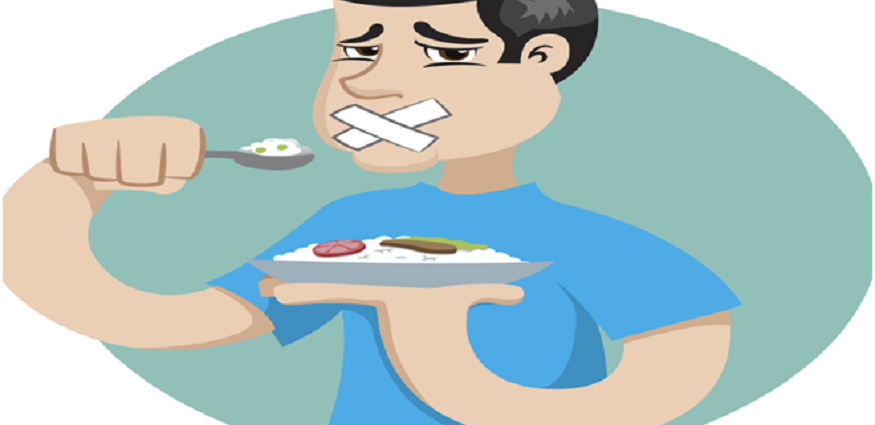Recently, food intolerance testing has gained a lot of attention. Food intolerances are becoming a more popular way to find answers for digestive problems, skin conditions, and other health issues. It is important to use caution when navigating the world of food tolerance tests. We will examine the pros and cons for food intolerance testing in this blog to help you make a more informed decision.
Understanding Food Intolerance
It’s important to first understand food intolerance before diving into the complexities of food intolerance testing. Food intolerance, unlike food allergies which are an immune response, is a reaction that occurs without any allergic symptoms. It is caused by an inability to process or digest certain substances such as gluten or lactose.
Pros of Food Intolerance Testing
- Identifying Trigger foods: Food intolerance testing can identify specific ingredients or foods that are causing discomfort in your body. You can take informed decisions regarding your diet by identifying these trigger foods.
- Food intolerance testing allows for a more personalized approach to diet changes. You can adjust your diet once you’ve identified which foods you body is having trouble tolerating. It can improve your overall health and quality of living.
- A food intolerance can help you become more aware of your unique body reactions. You can make better choices about your diet and nutrition by using this information.
Cons of Food Intolerance Tests
- The scientific community is still divided on the reliability and accuracy of food intolerance testing. Many experts believe that these tests are not scientifically validated and can produce false positive or false negative results.
- Limited Diagnostic Value – Food intolerance testing can often produce results that are hard to interpret, and they may not accurately represent your body’s response to certain foods. Food intolerance symptoms can be vague or nonspecific. It is difficult to isolate them to food intolerance.
- Restrictive diets: Relying on the results of food intolerance tests may lead to an unnecessarily restricted diet. Without proper guidance from a health professional, cutting out whole food groups can lead to nutritional deficiencies and unbalanced eating habits.
The growing interest in individualized health has led to a rise in the popularity of food intolerance testing. These tests can provide valuable insight into possible trigger foods. However, they should be approached with caution. Self-diagnosis does not replace professional medical advice. Consult a healthcare professional if you suspect that you may have food intolerance. They can help you with a proper diagnostic process, and give you personalized dietary advice.
Understanding your body’s reaction to food requires professional guidance and careful consideration. Combining the results of food tolerance tests with expert guidance, you can make informed decisions about your diet.
This post was written by a medical professional at The Wellness Firm. The Wellness Firm provides onsite Flu Shots, onsite rapid COVID event testing, employee physical examination, as well as American Heart Association CPR certification classes. We have professionals that provide in-person hands-on, quality training.

